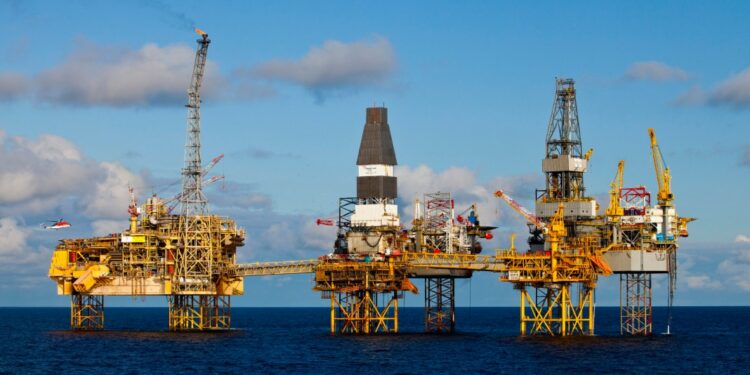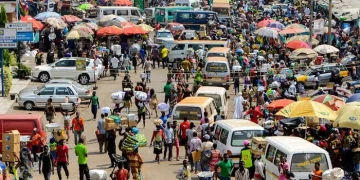Infrastructure Deficits Continue to Hamper Africa’s Oil and Gas Growth – Deloitte
Africa’s vast oil and gas potential continues to face major bottlenecks due to persistent infrastructure deficits, Deloitte has revealed in its latest industry report titled, “Shaping Opportunity from Complexity in West Africa’s Oil and Gas Market.”
According to the report, despite the continent’s significant hydrocarbon reserves, the absence of adequate midstream and downstream infrastructure—from pipelines and refineries to storage facilities and access roads—continues to undermine the efficient monetisation of oil and gas resources.
“Infrastructure gaps continue to constrain growth. Despite having significant reserves, many parts of Africa lack the basic infrastructure required to monetise those resources effectively,” the report stated.
Deloitte noted that the lack of critical support infrastructure fundamentally alters the investment equation, as costs increase and project timelines extend when essential upstream and midstream assets such as drilling rigs, pipelines, terminals, and marine vessels are unreliable or unavailable.
The report cited Angola as an example where offshore production remains dominant, with the government taking steps to tackle logistics challenges that have long affected project economics. It highlighted ongoing major investments in liquefied natural gas (LNG) production, including the Quiluma and Maboqueiro fields, aimed at monetising non-associated gas reserves and boosting Angola’s export capacity.
Nigeria, on the other hand, faces similar infrastructure challenges across its onshore, shallow water, and deepwater terrains. Deloitte observed that while offshore operations benefit from floating production storage and offloading (FPSO) systems and support vessels, onshore assets remain significantly constrained by limited pipeline and storage infrastructure.
Looking ahead, Deloitte outlined three strategic priorities Africa’s oil and gas sector must focus on to secure long-term growth and resilience—energy security, access to funding, and sustainability.
On energy security, the report urged African producers to invest more in exploration and appraisal to expand the pool of commercial discoveries and ensure a steady pipeline of investible upstream projects. It also recommended that governments emulate private investors such as Aliko Dangote, who have made major commitments to boosting Africa’s refining capacity.
“Government policies should both support and prioritise the commercialisation of Africa’s hydrocarbon resources for economic development and national resilience,” the report advised, emphasising that energy security must remain a central focus even amid the global energy transition.
Touching on access to funding, Deloitte highlighted the need for increased capital flow into both conventional and new-energy projects. It referenced the proposed $5 billion African Energy Bank as a step in the right direction to bridge Africa’s energy financing gap.
“The formula for success will require bankable projects, investor-ready business models and improved perceptions of regulatory and operational stability,” Deloitte stated.
On sustainability, the report noted that while African countries must define their own energy transition timelines, the movement toward cleaner and more efficient energy production is inevitable. It urged industry players to integrate emissions reduction, energy diversification, and cost-efficient operations into their long-term business strategies.
“The critical aspects of a low-carbon strategy and cost-efficient operating models must be a salient feature in all forward-looking and sustainable business strategies,” Deloitte concluded.








